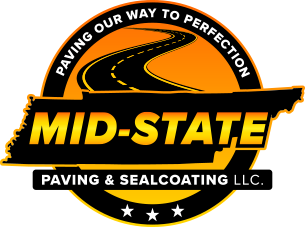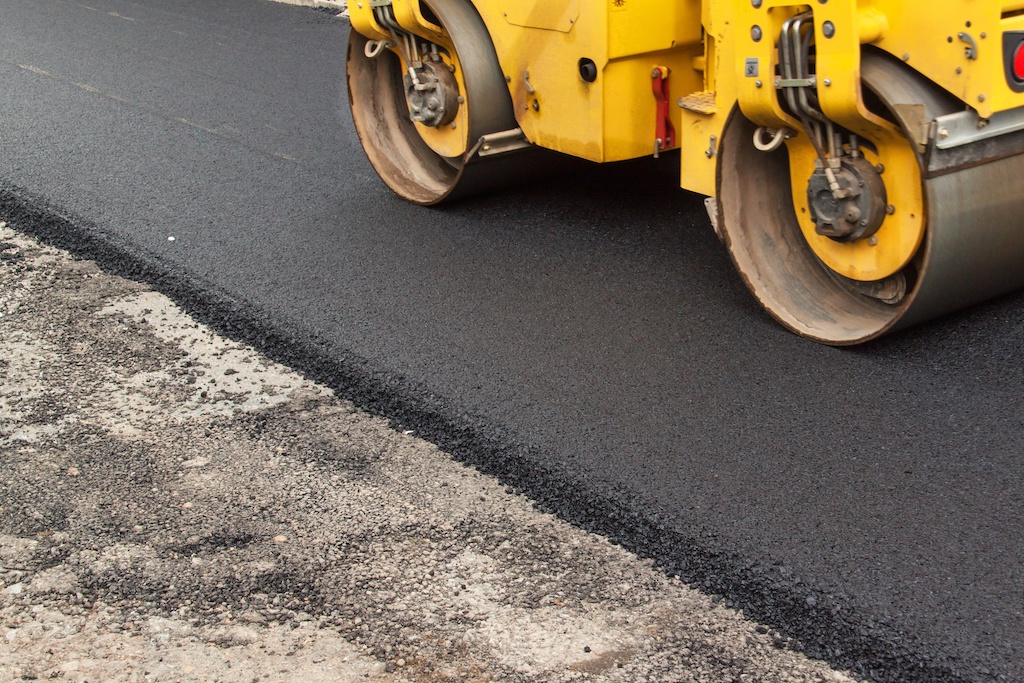
What Is the Best Way to Repair A Driveway?
Driveway problems can be unpredictable and hard to fix without professional help. As a result, you need to understand when the best driveway repair Tennessee has to offer may be necessary. Thankfully, there are several different options from which you can choose here. By better understanding these concepts, you can decide which is the best for your needs. Thankfully, we at Mid-State Paving fully understand these care options and can provide you with the help that you need to avoid further degradation.
Crack Repair – Perfect for Certain Situations
When your pavement suffers from cracks due to various types of damage, you may need to consider spot repairs for cracks. Typically, this type of problem can occur for a variety of different reasons. First of all, freezing and thawing cycles throughout the year – including summer and winter – can cause the concrete or driveway materials you use to get worn down and more easily damaged than average.
Even worse, the constant movement of vehicles – such as your cars, trucks, and those of friends – may also cause damage to spread throughout your pavement. Often, this type of damage worsens over time when combined with freezing and thawing issues. Typically, the cracks that you’ll see with this type of problem are less than one-quarter-inch wide, which, while still an issue, are not severe enough for most types of in-depth repairs.
As a result, your driveway repair method here is usually quite simple surface patching. This method identifies cracks in a driveway and covers them up to patch the surface in a way that prevents further spread. In most cases, a crack of this type isn’t going to expand or worsen without temperature-related problems triggering a rapid range of deeper breaks into your pavement.
Therefore, it is smart to take control of this situation right away with a patch. Though patching of this type doesn’t always last for an extremely long time, it should last long enough to protect your driveway and make further damage more difficult. And if the patch wears down in a few years, you can always replace it. Though this may seem somewhat redundant in a way, patching your driveway in this way does prevent the risk of further damage and keeps your pavement secure.
Resurfacing – Helps When Cracks are Out of Control
If you’re sick of patching your driveway or have run into out-of-control cracks that patching can’t manage, resurfacing should be your next step. This option is an excellent choice for a broad array of reasons. First of all, it can help to manage cracks that patching cannot. As a result, you can get more full and more efficient control over your pavement damage. Just as importantly, this repair option helps to make your pavement stronger in ways that you may be unable to get otherwise.
Just what is resurfacing? Typically, this process requires driveway repair experts to come to your, inspect the damage to your driveway, and remove the top layer that has experienced this damage. Typically, this option is best when you have multiple cracks throughout your pavement or if the cracks are starting to deepen. It’s a bit of a middle area between patching and replacement – you won’t get getting entirely new pavement, but you will be adding a new surface to make it more durable and more resistant to various types of damage.
So what kind of processes and costs can you anticipate for this process? Unlike crack repairs, which you can handle on your own, you’re probably going to need professional help here. That’s because a resurface is a very serious repair and is one that requires experts to manage. That will drive the cost of this repair up quite a bit – some people will pay thousands of dollars for a resurface. Compare that to the few hundred dollars you’re likely to pay for an amateur patch job to get an idea of what to expect.
That’s a big part of what makes patching such an excellent idea for homeowners – even if you have to hire an expert to do it for you, the process is still something that costs much less than an overall resurface. However, there may come a time – particularly as your pavement ages – when you don’t have any choice but to resurface. Usually, this option is what you do to stave off replacement because that process will cost you much more than patching or resurfacing. However, it can still be beneficial by creating a solid driveway surface for your needs, one that will last for years.
Replacement – When All Else Fails
Driveway repair doesn’t get much more comprehensive than this option – rather than repairing cracks or getting rid of a damaged surface, you replace the pavement itself entirely. Note that we don’t necessarily mean you’re getting rid of ALL of your pavement. There are many times when you may only have to get rid of specific patches on your driveway.
For example, specialists may break apart weaker patches of your pavement and take them out. Once they do, they will pour a new piece of concrete or asphalt that helps to create a more durable driveway. Typically, this pavement is the same type and color as that you had before to ensure that your driveway looks attractive.
Color discrepancies can be easily managed or fixed by adding stains or other types of treatment options to the surface of the pavement. Though the colors might not thoroughly blend or look as full as you’d like, stains and paints can still help manage many issues.
When is replacement your best option? Usually, you’re going to get this type of driveway repair when your pavement has wholly failed. Resurfacing can only do so much to repair damage and may leave behind cracks that can be hard to fix. And there may come a time – usually after about 20-30 years – when your driveway’s pavement needs to be replaced due to age.
Don’t Let Your Pavement Get Damaged
As you can see, the many types of driveway repair in Tennessee are all critical to understand your needs. Each method mentioned here has slightly different variations that may be worth your time if you need a stronger and more resilient driveway. So if you’re interested in any of these options or tried DIY replacement and made a mistake, please contact us at Mid-State Paving right away to learn more. Our experts have years of experience working with people like you and will create the kind of high-quality protection that your driveway needs to avoid damage that may otherwise impact your pavement.


